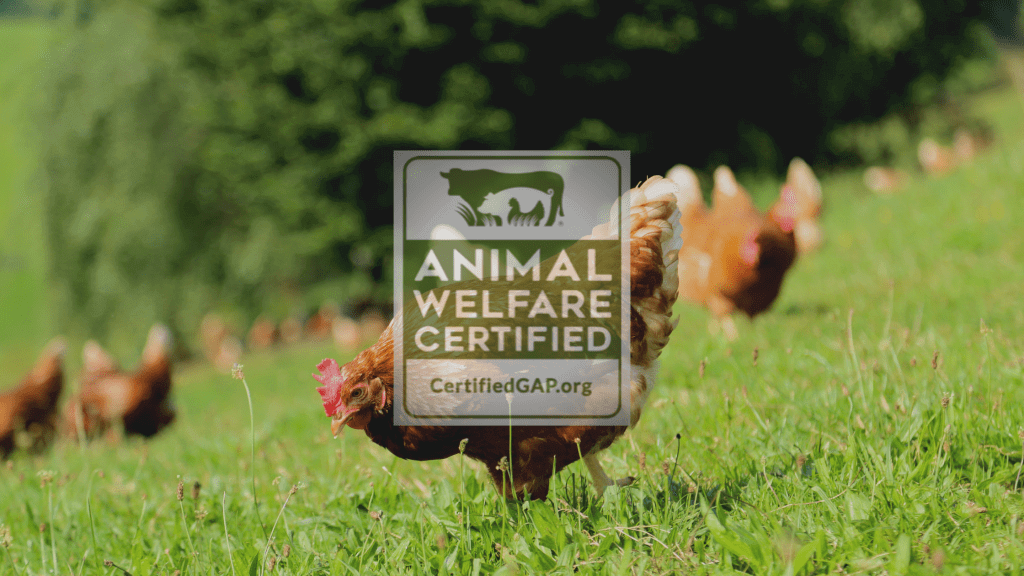For years, consumers have relied on labels such as “Certified GAP” to make informed choices about animal products, assuming that these certifications guaranteed humane treatment. However, recent developments from leading animal welfare organizations reveal that these labels often fail to protect the very animals they claim to represent. After years of persistent advocacy and public pressure, PETA, the ASPCA, Humane World for Animals, and Compassion in World Farming have collectively announced that they will no longer support or endorse the Certified GAP program, citing its deceptive practices and lack of meaningful animal welfare standards.
Certified GAP, or Global Animal Partnership, has marketed itself as a credible standard for ethical treatment, suggesting to shoppers that animals raised under its certification are cared for humanely. In reality, investigations and reports over the years exposed significant gaps between the program’s promises and the actual conditions on participating farms. Issues such as overcrowding, limited access to natural behaviors, and other welfare violations have persisted, highlighting a disconnect between certification labels and genuine animal protection.
Advocacy groups argue that programs like GAP can mislead consumers into believing that purchasing certified products supports ethical treatment, when in fact, animals may still endure suffering. By stepping away from GAP, organizations such as PETA, ASPCA, Humane World for Animals, and CIWF are sending a powerful signal: transparency, accountability, and real welfare standards cannot be compromised in the name of marketing.
This shift underscores a broader lesson in the fight for animal rights: certifications alone are not enough. Consumers must remain vigilant, and advocacy must continue to ensure that programs claiming to protect animals are held to rigorous, verifiable standards. By amplifying these concerns, these organizations hope to inspire industry-wide reforms that prioritize the lives and well-being of animals over profit or marketing appeal.
Sustainable Action Now encourages readers to explore more about animal welfare, deceptive labeling, and ways to take meaningful action on behalf of animals: Sustainable Action Now – Abuse of Animals & Wildlife. Awareness is the first step in making conscious choices that truly support humane practices, whether through dietary decisions, advocacy, or supporting credible rescue and protection organizations.
The decision to withdraw support from GAP represents a critical moment in the ongoing movement for animal welfare. It is a reminder that genuine change requires persistence, transparency, and the courage to challenge established norms—even when those norms are packaged as ethical or responsible. Consumers, activists, and organizations alike must remain informed and proactive, demanding that every program, label, and standard deliver on its promise to protect the lives and dignity of animals worldwide.
By highlighting these issues and raising public awareness, Sustainable Action Now aims to empower readers to make choices that align with both compassion and truth. The fight for real animal welfare is ongoing, and it depends on informed communities holding corporations and certification programs accountable for their claims.


